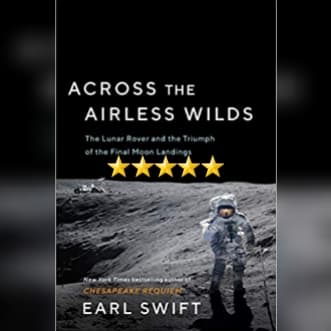Former International Space Station Commander Channels Spirit Of Tom Clancy. Growing up, I *loved* Tom Clancy’s writing – and yes, I was reading it as a young teen, including Without Remorse in just 8th grade. Here, Hadfield – he the Canadian who rose up the astronaut ranks in NASA to have quite a remarkable career in actual space – brings us a historical fiction / alternate history spy thriller that truly does channel Clancy in both the spycraft and the technobabble. Yes, there are some intensely thrilling fighter action scenes, particularly in the early and late phases of the book. But while there is no 10-pages-covering-the-first-nanoseconds-of-a-nuclear-detonation level intensely detailed technical description… there is quite a bit more than at least some readers will prefer. I personally enjoyed it… but I’m also a guy that wrote a HS paper on the technical specifications and capabilities of the F-14 Tomcat fighter. Overall, the tale as told works quite well, though in the end it does almost feel like this was always meant to be the middle tale of a trilogy. As such, it does have quite a few spoilers for Book 1, The Apollo Murders, so those who are particularly sensitive about those things should absolutely read that book first. But then this book picks up soon after, and trust me… you’re gonna want to read this one too. Very much recommended.
This review of The Defector by Chris Hadfield was originally written on October 19, 2023.


